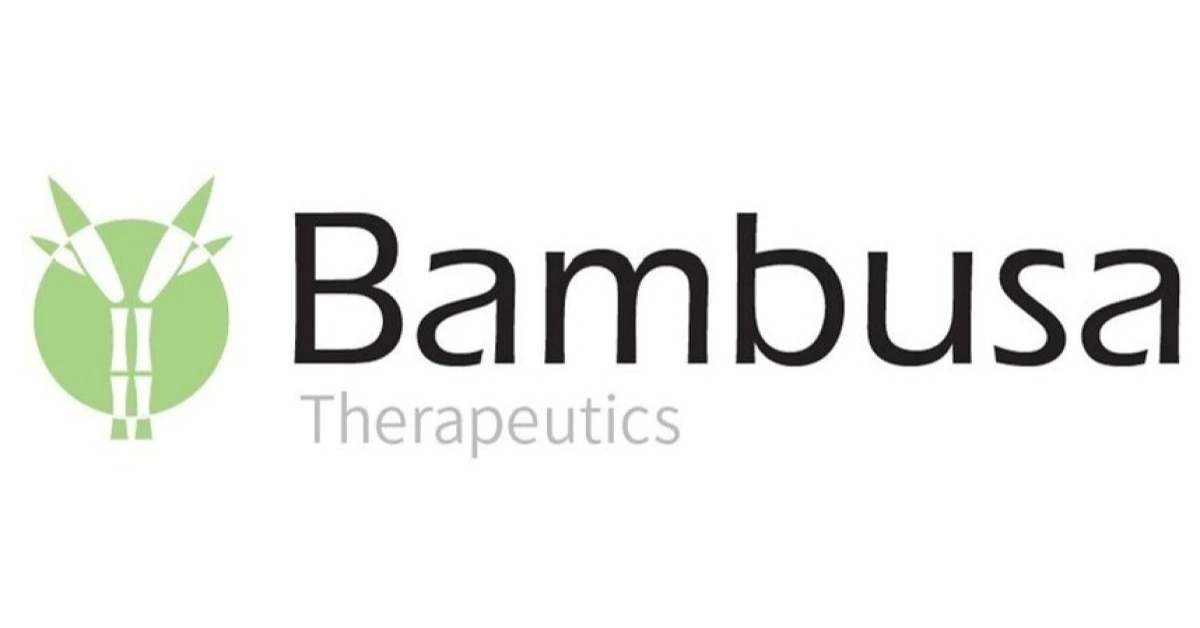
USA – US-based startup Bambusa Therapeutics has raised US $90 million in Series A funding to support the development of its bispecific antibody treatments for immunological and inflammatory diseases.
The funding round was led by RA Capital Management, with additional investments from Janus Henderson Investors, Redmile Group, Invus, and ADAR1 Capital Management. Several existing investors also participated.
Founded in May 2024, Bambusa had previously secured $15 million in seed funding, which was finalized in September 2024.
That round was co-led by BVF Partners and KKR’s Dawn Biopharma, with backing from Salvia GmbH and INCE Capital.
The company is led by its founder and CEO, Shanshan Xu, who formerly served as vice president for external innovations at BioNTech.
Bambusa’s pipeline currently includes four bispecific antibody candidates, with two—BBT001 and BBT002—set to enter clinical trials in 2025.
BBT001, which is being developed for dermatologic conditions, is expected to begin a Phase I trial (NCT06808477) by the end of March. This study aims to enroll 98 healthy volunteers and adult patients with atopic dermatitis.
Meanwhile, BBT002 is being designed for respiratory, dermatology, and gastroenterology indications.
Having completed preclinical studies, it is projected to enter human trials by mid-2025. Bambusa describes BBT002 as a “platform in a molecule” due to its potential to treat multiple inflammatory diseases.
The company’s other two candidates, BBT003 and BBT004, are still in early development. BBT003 is being studied for inflammatory bowel disease, while BBT004 focuses on rheumatology.
While no specific timelines have been announced, Bambusa claims these candidates have “best-in-disease” potential.
Commenting on the funding announcement, RA Capital partner Derek DiRocco stated: “The next wave of therapeutics for patients with immunology and inflammation disorders will be both more efficacious and convenient than currently available options.
“The Bambusa Therapeutics pipeline fits this profile, as their half-life extended bispecific antibodies were designed to target complementary disease-driving signaling pathways, affording the potential for a best-in-disease profile for patients.”
The bispecific antibody market is becoming increasingly competitive as pharmaceutical companies expand their immunology and inflammation treatment portfolios.
In August 2024, MSD announced a US $1.3 billion deal to acquire a CD3 and CD19-targeting T cell engager bispecific antibody, CN201, from Curon Biopharmaceutical.
Similarly, in May 2024, Johnson & Johnson (J&J) acquired global rights to Numab Therapeutics’ IL-4R and IL-31-targeting bispecific antibody for US $1.25 billion.
XRP HEALTHCARE L.L.C | License Number: 2312867.01 | Dubai | © Copyright 2025 | All Rights Reserved